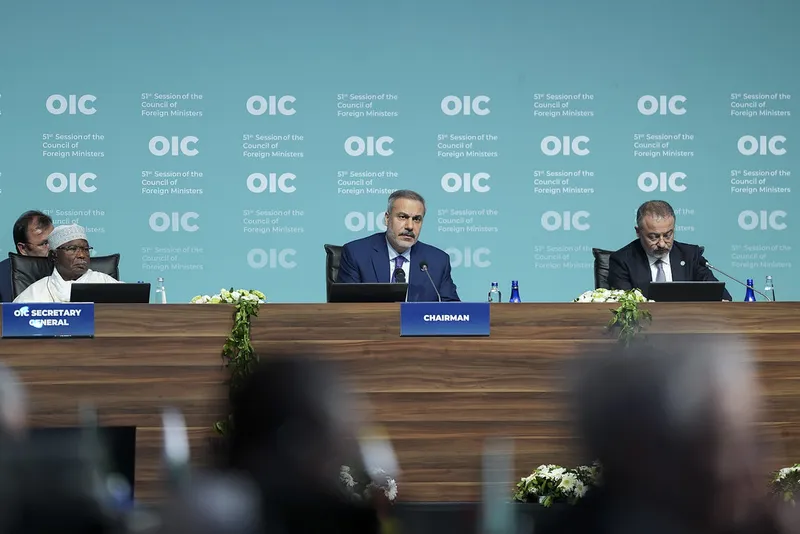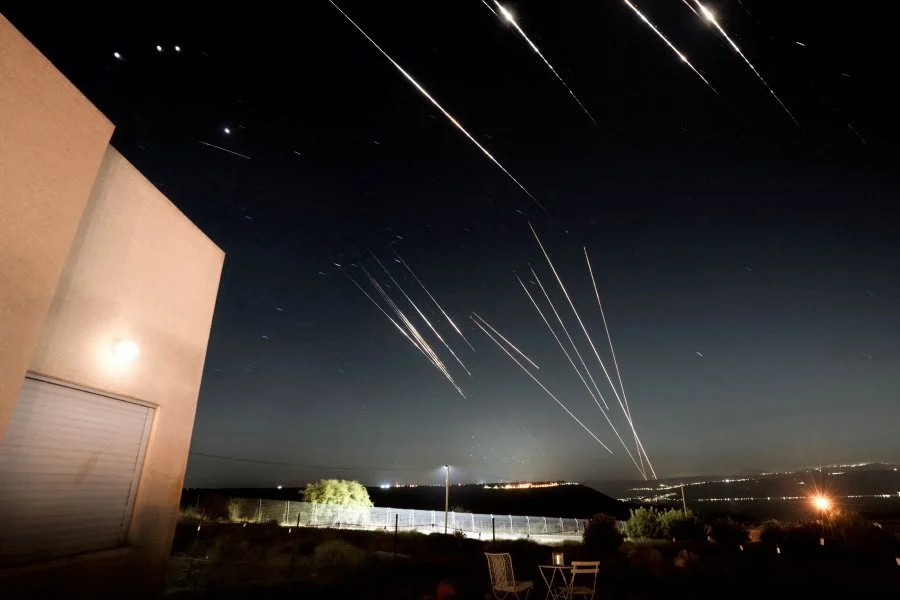In a time of global uncertainty, broken peace promises, and growing injustice, the Organization of Islamic Cooperation (OIC) concluded its 51st Council of Foreign Ministers meeting in Istanbul with a powerful and emotional call to action. Over two days—June 21 and 22—leaders from across the Muslim world came together, not just to sign resolutions, but to send a heartfelt message: the time has come to stand stronger, speak louder, and act faster for justice, peace, and human dignity.
At the core of the Istanbul Declaration was an unwavering commitment to the Palestinian people. The OIC once again placed Palestine where it has always belonged—in the heart of the Muslim world’s conscience. The gathering condemned, in the strongest terms, the continuing Israeli aggression against Gaza and the West Bank. For over 19 months, innocent civilians have suffered under relentless bombings, starvation tactics, and the systematic erasure of their rights and lives. The OIC did not mince words—it called this what it is: genocide.
Leaders urged the world to support an immediate and lasting ceasefire, rebuild Gaza without displacing its people, and empower the Palestinian government to serve its citizens in both Gaza and the West Bank. They also pushed for a long-overdue UN conference to revive the path to peace through a two-state solution. East Jerusalem, they reaffirmed, must be the capital of a free and sovereign Palestine.
But the declaration didn’t stop there.
The OIC stood in solidarity with other suffering peoples—Kashmiris yearning for self-determination, Rohingyas facing ethnic cleansing in Myanmar, and Turkish Cypriots battling isolation. It called out Islamophobia, condemned hate speech and extremism, and emphasized that terrorism has no religion. From Iran to Syria, Lebanon to Pakistan, the Muslim world’s shared pain echoed in every paragraph.
The council also voiced grave concern over the violations of cultural and religious heritage in places like Armenia and Al-Quds. It praised countries like Jordan for safeguarding Islamic and Christian sites and acknowledged Algeria, Somalia, and Pakistan for amplifying Muslim voices on the world stage.
Importantly, the declaration wasn’t just about condemnation—it was about hope, rebuilding, and cooperation. The ministers encouraged economic collaboration, reconstruction efforts, and the empowerment of Muslim communities everywhere. They acknowledged the difficult road ahead, but their message was clear: we must rise above division, and become the architects of a better world.
As the Islamic world looks to the future—toward the next summit in Azerbaijan in 2026—the Istanbul Declaration will stand as a moral compass, a collective voice for the voiceless, and a determined step toward justice.
This wasn’t just a political meeting. It was a human cry. A call to protect the sacred. A plea to end suffering. And above all, a reminder that unity in faith must lead to unity in action.




